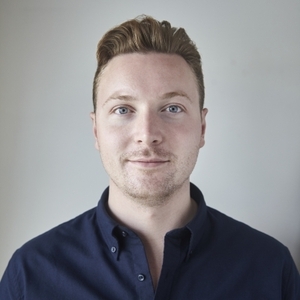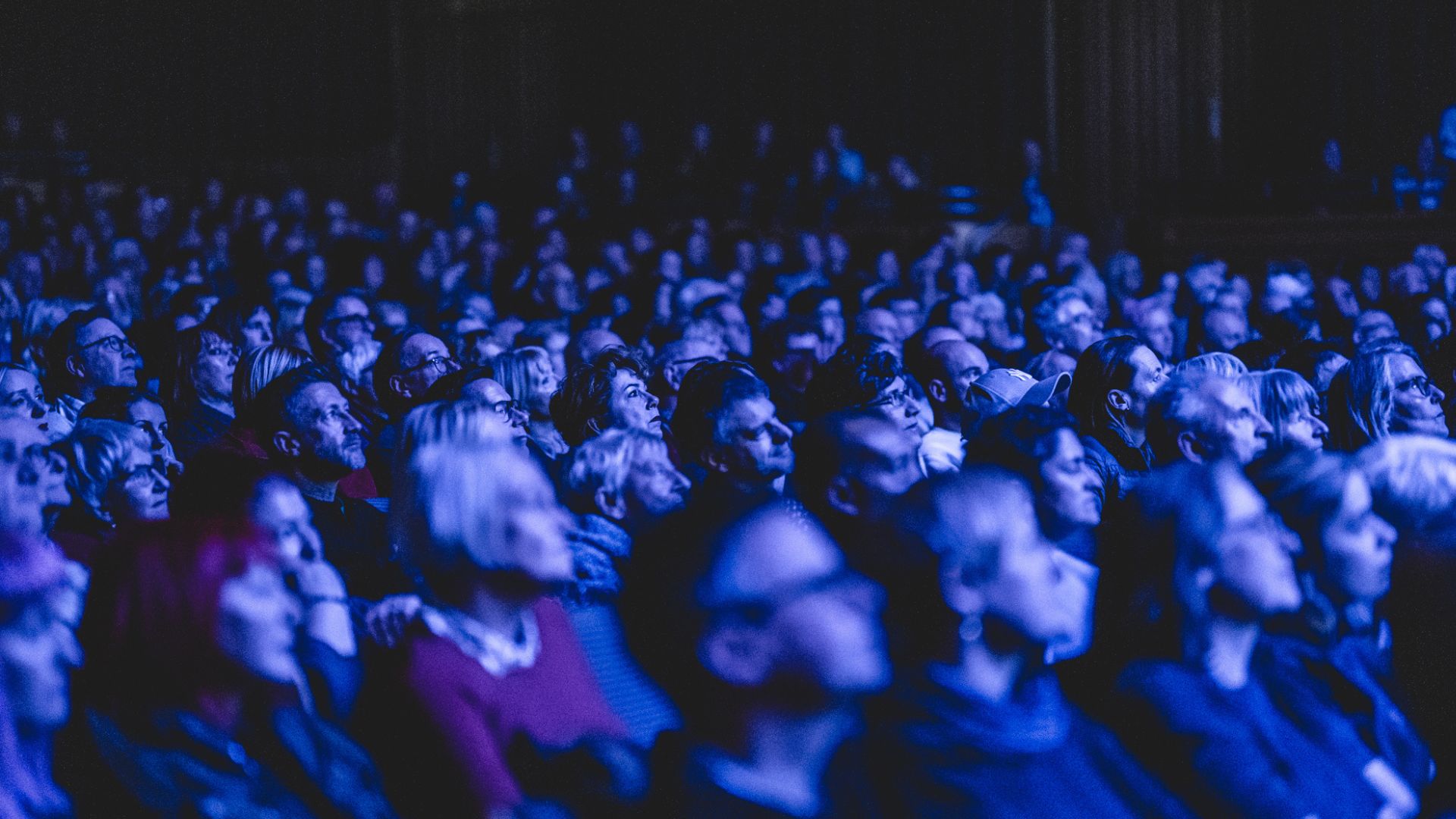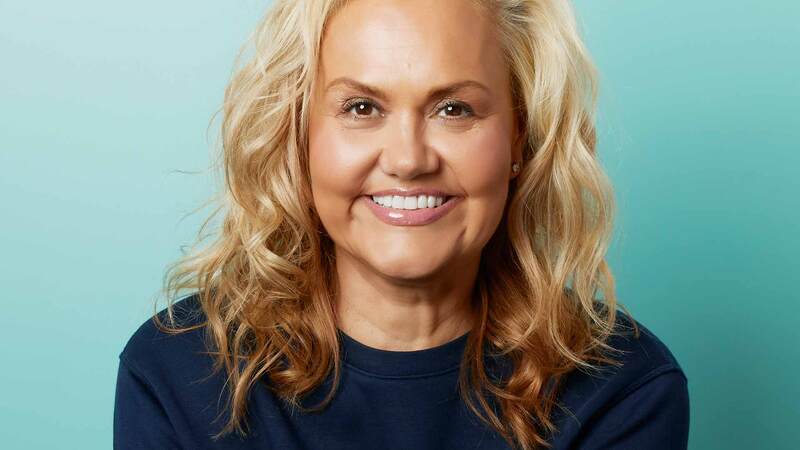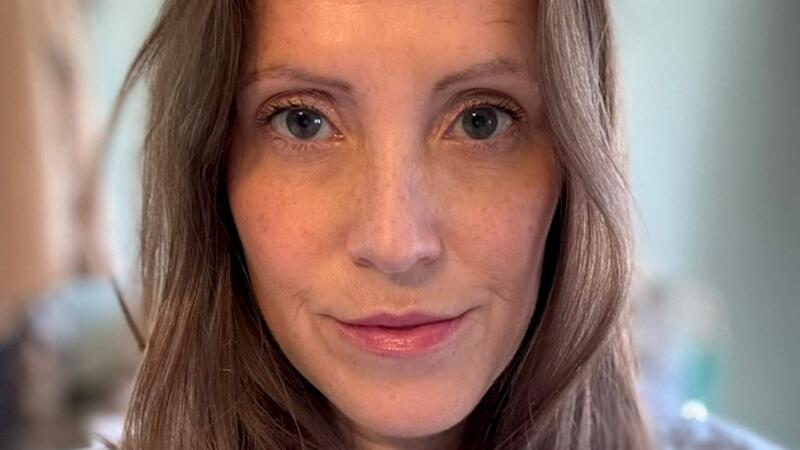A wider audience
Fane Group’s head on challenging the traditional model of book events, rebuilding post-pandemic and reaching an untapped demographic of readers
Cher, Caleb Femi, Rebecca Yarros, Elizabeth Day, Rick Astley, William Dalrymple, Randall Munroe, Guenther Steiner, Yotam Ottolenghi, Sophie Kinsella, Candice Brathwaite, Nigella Lawson, Yuval Noah Harari, Ana Huang, Miranda Hart, Marlon James, Juno Dawson, Mary Beard, Dame Judi Dench and Miriam Margolyes.
When asked what makes a Fane event, I always struggle to answer, and the above list gives you an indication of why.
We put on events throughout the UK, Ireland, Australia and New Zealand, and now in the US and Europe. If we feel the client has a compelling story to tell, and that we can find and grow the audience, then it is a Fane event.
Challenging the traditional model
When the company started seven-and-a-half years ago, we wanted to be changemakers and challenge the traditional model of what a book event could be. At the time there was a clear spike in interest in all things spoken word, be it authors, podcasters or actors led in conversation events. While bookshops and festivals had a brilliant base, we felt there was the potential to reach a wider audience with this type of event.
The objective was simple: bringing book events into a more traditional theatre environment, with all the benefits of larger venue capacities, reaching new markets, entertainment value and customer experience. If Margaret Atwood could sell out a bookshop signing, why couldn’t she do events in 2,000-seat venues across the country?
This year the Fane Group consists of seven different companies, employs 50 people, will put on more than 600 in-person events in 10 countries, broadcast 74 online events globally, work with over 150 authors, sell more than 600,000 tickets and, in conjunction with our bookselling partners, sell close to 85,000 books.
It has not always been easy to find our place within the wider literary ecosystem, and navigating relationships within the space as a young company definitely had its challenges, but a huge amount of progress has been made in recent years. We are a collaborative, inclusive, creative company made up of dynamic and driven individuals who all care greatly about all aspects of the literary world. We are always open to hearing from bookshops or festivals, or indeed anyone who would like to work with us or discuss best practice. We also understand our responsibility to be proactive and start conversations about collaboration.
If Margaret Atwood could sell out a bookshop signing, why couldn’t she do events in 2,000-seat venues across the country?
This year we will work with 26 independent bookshops, two of which are now first-look partners in their respective cities, and for the next two years we will be sponsoring the Henley Literary Festival.
Communication is key, as aligning the aims of author, publisher and agent can sometimes be complicated. Take for instance Mary Beard’s Emperor of Rome tour that we worked on with Profile Books. Mary’s publicist asked us to leave out locations where bookshop events were planned, and that we work with an independent bookseller for any events that weren’t 100% book-and-ticket. The result—we charted 2,000 books in the first week of publication while maintaining strong relationships with the independent bookselling community and simultaneously reaching as wide an audience as possible.
Identifying a new audience
We have to be realistic—like the other businesses that make up the book world, we are looking to grow our engagement, therefore sometimes there will be overlap and competition. But I am a firm believer that competition can be healthy, too. It pushes us to think outside of convention, which has led us to reach a distinct audience to traditional festival and bookshop events. We market in a different way to attract a broad demographic; this year a substantial and increasingly nuanced Meta spend has enabled us to target an entirely new book-buying audience. Ultimately, we are all part of the literary landscape, and therefore all responsible for increasing its reach.
Let’s end on a more personal note. I was 24 when I started what is now the Fane Group. Writing this today I am 31 and have a five-month-old at home. That’s seven-and-a-half years of perspective and five months of redefining tiredness. Along the way we have had successes that I never could have dreamed of and lows that truly were very low. As a live events company in the pandemic, we lost our business overnight and received no government help. I built a business, watched it disappear and rebuilt it in a more collaborative post-pandemic literary ecosystem. We are a big company now, yes, with investment and a global footprint, but we remain very much 50 passionate and innovative individuals proud to define and redefine our place within this wonderful and ever-evolving industry.



















